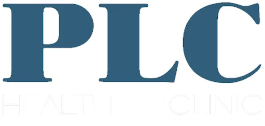While Shaken Baby Syndrome is a topic that most people would rather not discuss, there is power in knowledge. If we can understand why 1,000 to 3,000 babies in the United States are victims of Shaken Baby Syndrome each year, perhaps it will help lower the risk of this tragic abuse.
Shaken Baby Syndrome (SBS) occurs when a parent or other caregiver shakes a baby out of anger or frustration; many times, because the baby is fussy and will not stop crying. Because babies have very weak neck muscles that cannot support their proportionately large heads and violent shaking can destroy their brain cells and lead to head trauma and can sometimes even be fatal. The same could happen if a child’s head is hit on a surface.
FACTS and FIGURES
SBS is mostly seen in children under the age of two. The average victim is primarily between three and eight months of age. However, children up to age four have been identified as victims of this type of abuse. The person most often responsible is the father, boyfriend of the mother, female babysitter, or the mother. The abuse is typically brought on because of stress associated with environmental, social, biological, or financial situations. These stressors can lead to impulsive or violent behavior. Individuals who are prone to domestic violence and/or substance abuse may be at a higher risk of inflicting this abuse.
Other risk factors include:
- Unrealistic expectations of babies
- Young or single parents
- Untreated stress
- Unstable family situations
- Depression
- A history of mistreatment as a child
SIGNS and SYMPTOMS
Most of the time symptoms of SBS vary and appear immediately after the shaking and tend to reach a peak within 4-6 hours. There are other times no obvious external evidence can be seen, which can result in undiagnosed injury. A caregiver or physician might not detect the injury if it is internal, and the baby’s fussiness is written off as some type of underlying condition such as an illness or virus.
Signs to watch for:
- Altered level of consciousness
- Drowsiness and irritability
- Coma
- Seizures
- Convulsions
- Dilated pupils
- Decreased appetite
- Vomiting
- Breathing irregularities
- Abnormally slow and shallow respiration
- Paralysis
- Cardiac arrest
- Posture in which the head is bent back/back is arched
- Pale or bluish skin
- Death
PROGNOSIS
The prognosis for babies that are victims of SBS can vary in severity but generally have a poor outcome. The injuries can range from mild developmental difficulties to neurological deficits and sometimes even death. In fact, it is estimated that 1/4 of SBS cases lead to death and 80% of the survivors suffer from permanent damage.
PREVENTION
The good news is Shaken Baby Syndrome is completely preventable. Taking care of a child can present many challenges, especially for first-time parents.
The following tips may help prevent abuse:
- Call someone for emotional support
- Call your healthcare provider - there may be a medical reason your baby is fussy
- Take deep breaths and try to calm yourself
- Put your baby in a safe place, like a crib and walk away
- Get exercise - this releases endorphins that can improve your mood and lessen stress
- Get proper rest - this can have a huge impact on how you deal with a crying baby
- Never leave a baby with a caregiver, friend or family member that does not know the dangers of shaking a baby
- Always check references carefully before entrusting a baby to a caregiver or daycare center
- Remember it is common for babies to cry at least three hours or more per day
If you, or someone you know might be in danger of hurting a child, please address the situation immediately. This is a real topic that we all must take seriously to save our most precious and innocent lives.
Please contact the PLC Health Clinic at 419-238-9177 or www.plchealthclinic.org if you need to learn more about this subject. We are here to serve the men, women and children of our community with the educational resources we have available.
* Resources available upon request

